New Jersey Backyard Birds
We became birders when we moved to New Jersey. At first it was the red-bellied woodpecker, a somewhat common bird, that intrigued us with its brilliant red-head (and just a little red on the belly). They come to the suet feeders frequently but also eat jelly, oranges, peanuts and other bird seed. The goldfinches, the state bird of New Jersey, are brilliant yellow in the spring and summer. They are easily attracted with nyjer feeders. After a while, we saw some less common birds, including ovenbirds and catbirds, some of Chris' favorites. Mike likes the tufted titmice because of their "eye makeup" and he developed a relationship with them by feeding them peanuts on the deck railing.It was always fun to see the migrating birds as well-- the warblers in the spring and the junco all winter. We always looked forward to the orioles returning in the spring.
We moved to New Jersey in 2006 and moved backed to California in 2012. This blog chronicles our becoming amateur birders after moving to a house on a lake in Piscataway, NJ.
If you like this blog, you can follow our California birding at California Birds.
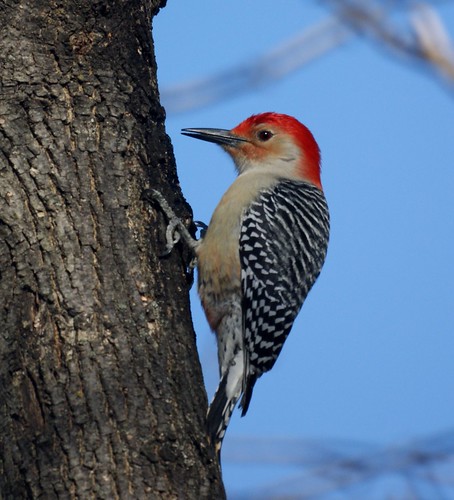
Red-bellied Woodpecker
Lake Nelson Birds
Lake Nelson is a small manmade lake in Piscataway, NJ that is home to some mallards, Canada geese, cormorants, herons, and swallows. The migratory birds are amazing, with the male common merganser being our favorite (and the reason we bought better binoculars).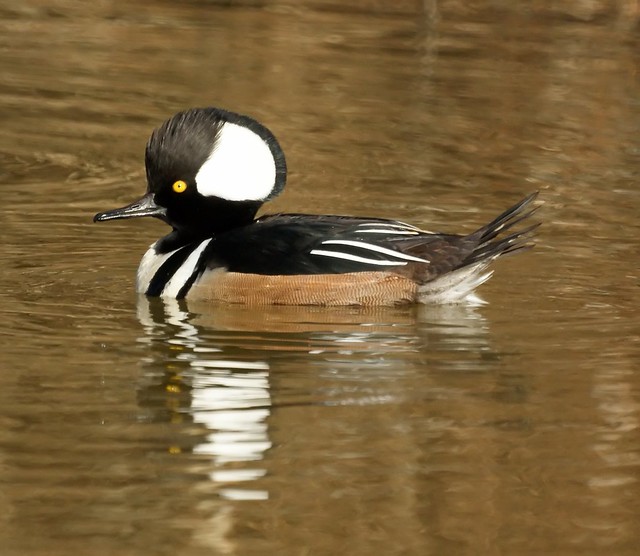
Male Hooded Merganser
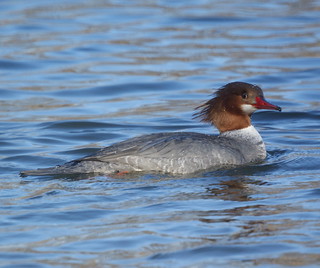 | 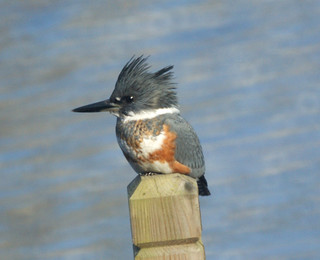 |
| Female Common Merganser | Belted Kingfisher |
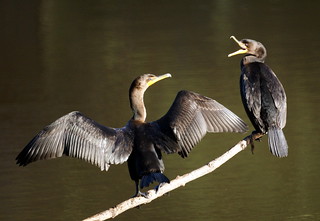 | 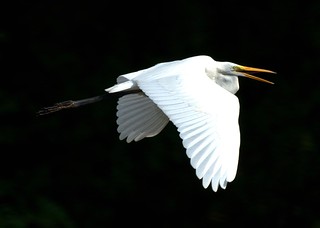 |
| Double-crested cormorants | Egret |
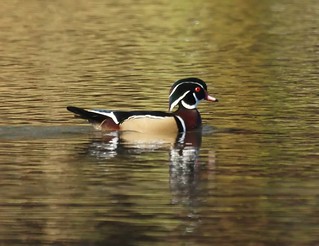 | 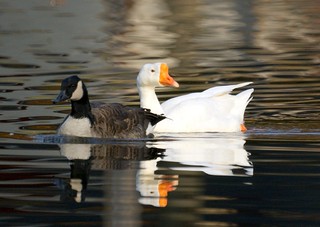 |
| Wood Duck | Whitey and a Canada Goose |
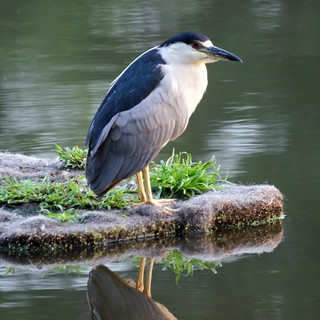 | 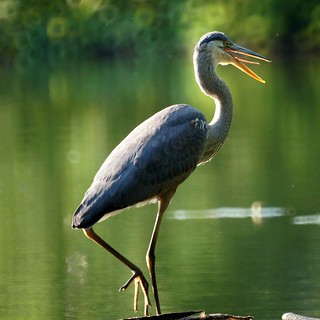 |
| Black Crowned Night Heron | Great Blue Heron |
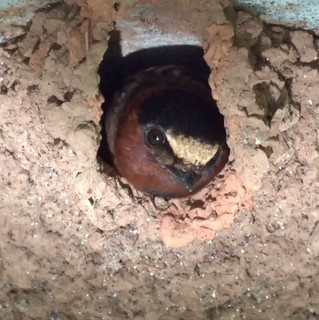 | 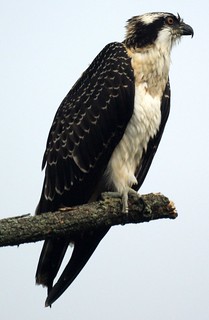 |
| Cliff Swallow | Osprey |
Our Favorite Birding Spots in New Jersey
We started out as backyard birders, just feeding, observing and then photographing the birds that came to our house on Lake Nelson. After a while, we started venturing out more, aided by the JerseyBirds email list and ebird to see a wider variety of birds.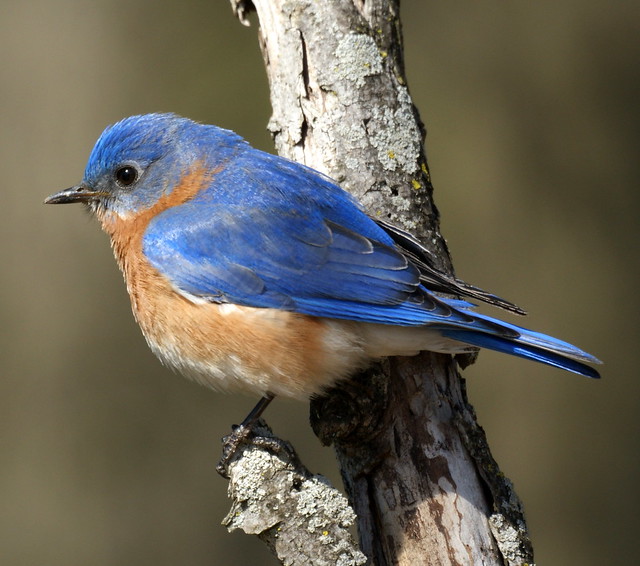
Eastern Bluebird: Duke Farms
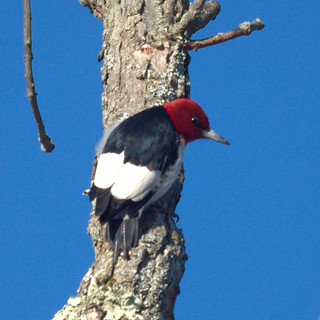 | 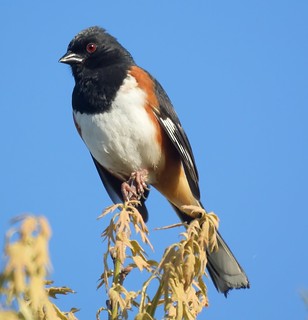 |
| Red-headed Woodpecker: Glenhurst Meadows | Eastern Towhee: Higbee (Cape May) |
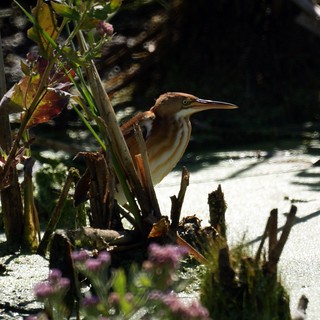 | 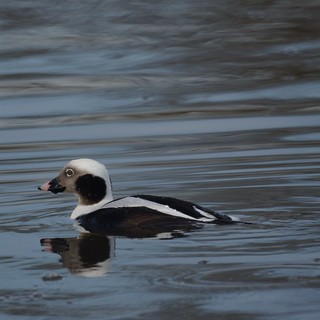 |
| Least Bittern Cape May Point State Park | Long Tailed Duck: Meadowlands |
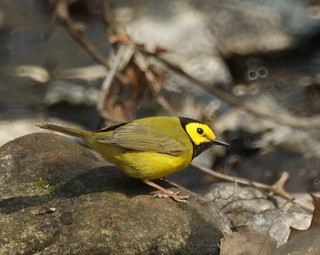 | 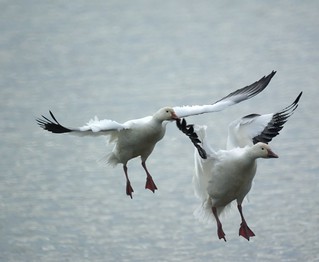 |
| Hooded Warbler: Garrett Mountain | Snow Geese: Brigantine (Forsythe NWR) |
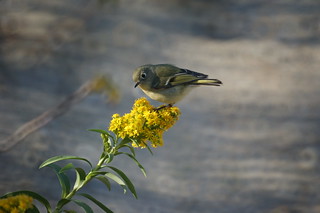 | 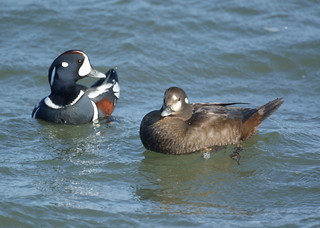 |
| Ruby-crowned Kinglet: Sandy Hook | Harlequin Ducks: Barnegat Light |
 | 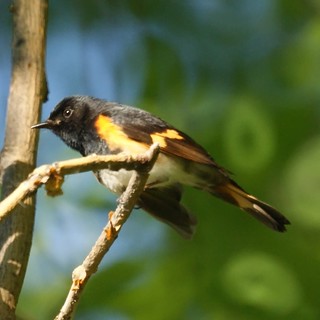 |
| Bobolink: Hoffman Park | American Redstart: Liberty State Park |
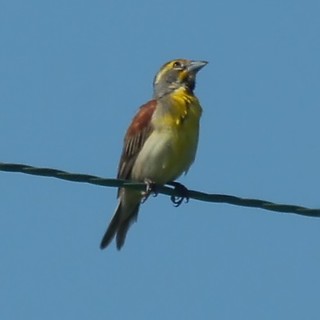 | 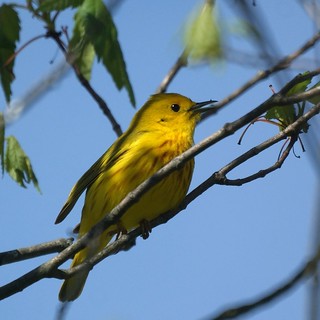 |
| Dicksissel: Negri Nepote | Yellow Warbler: Celery Farm |
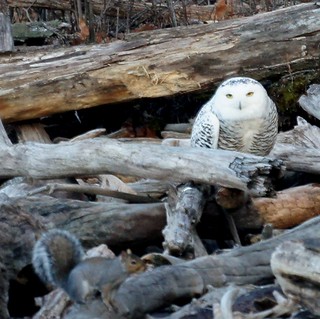 | 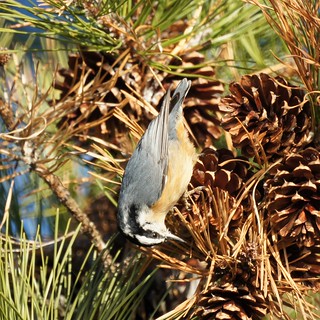 |
| Snowy Owl: Merrill Creek Reservoir | Red Breasted Nuthatch Round Valley Recreation Area |
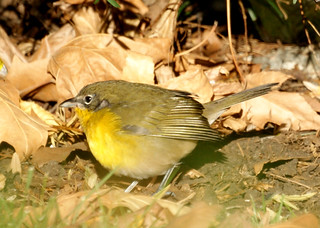 | 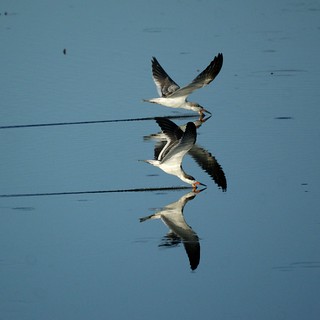 |
| Yellow-breasted chat: Rutgers Newark | Black Skimmers: Cape May Meadows |
Birds from around the world
We took two trips internationally for wildlife viewing. Trinidad and Tobago was solely for birding. We went to South Africa more for the "Big 5" mammals but we found guides who also knew the local birds. We went to the Caribbean almost every winter to escape the NJ winters and would enjoy the birds that came to us.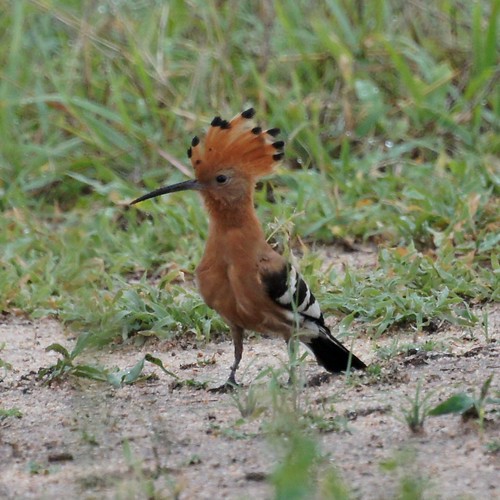
African Hoopoe: Londolozi Game Reserve
Kruger National Park, South Africa
Birding in the USA
When we travel, we often bring along the birding gear and will squeeze in some birding when we aren't visiting family, attending conferences, or visiting a beach to escape the New Jersey Winters. We only took one trip in the US solely for birding, to Dauphin Island off the coast of Alabama.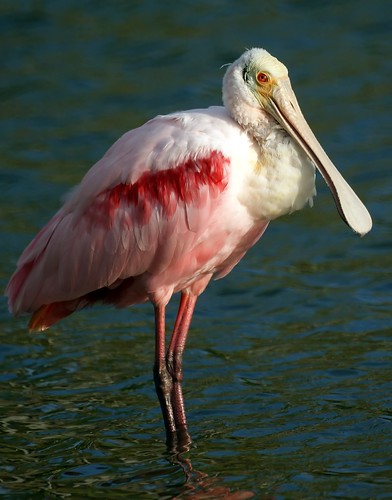
Roseatte Spoonbill: Ding Darling NWR Sanibel Island, Florida
Baby Birds
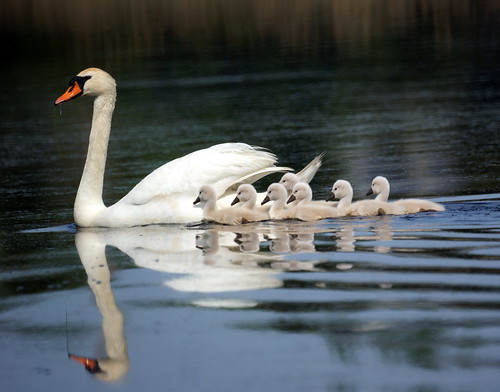
Mute Swan and Cygnets
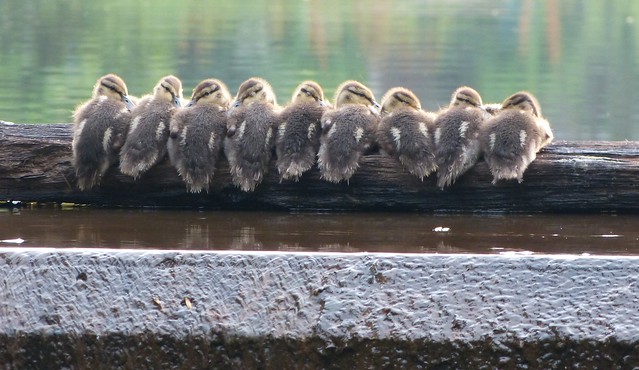
Other Animals from Lake Nelson
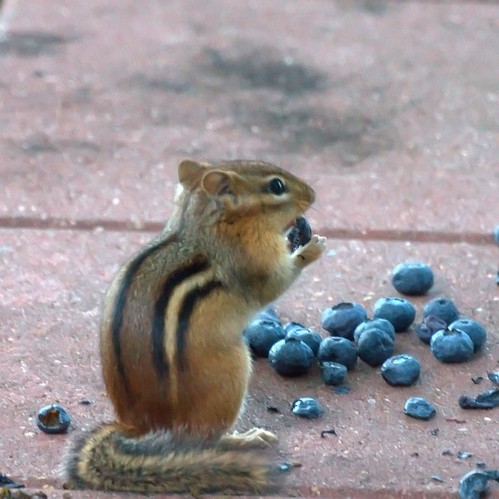
Chipmunk
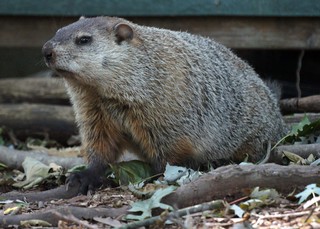 | 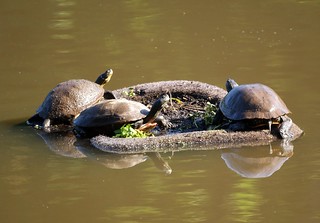 |
| Groundhog | Turtles |
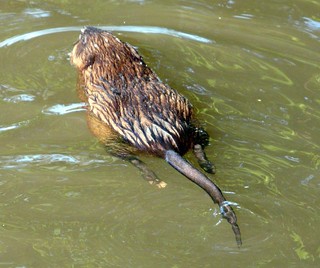 | 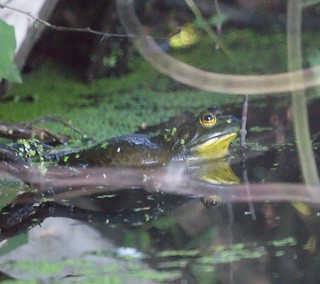 |
| Muskrat | Bullfrog |
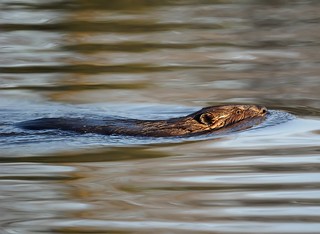 | 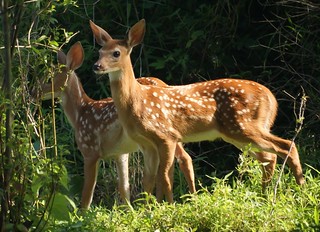 |
| Beaver | Deer |
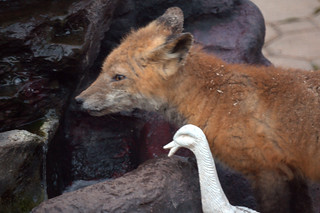 | 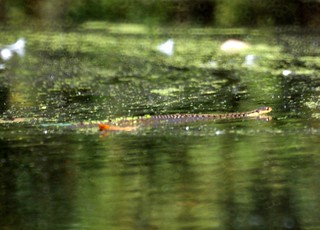 |
| Fox | Water Snake |
A variety of other wildlife visited our home on Lake Nelson. The beavers were the most interesting but the chipmunk is cute and it was fun to see the fox.
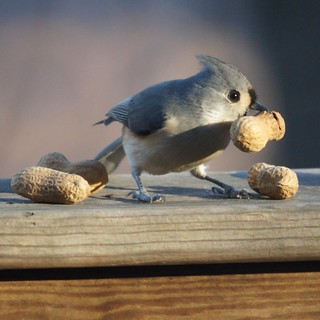
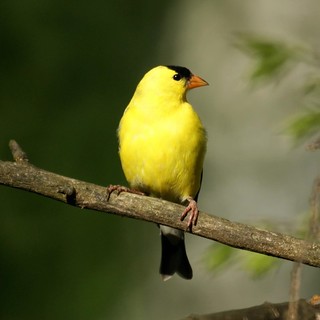
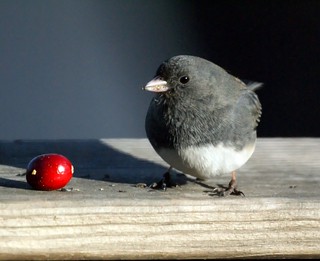
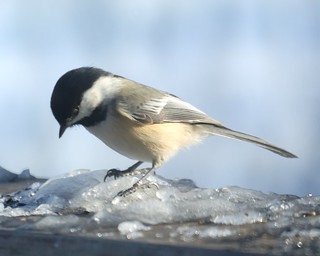
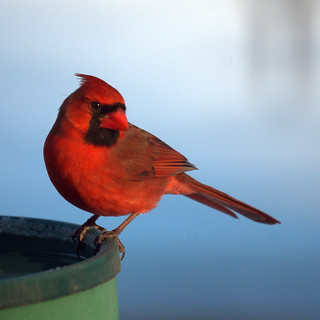
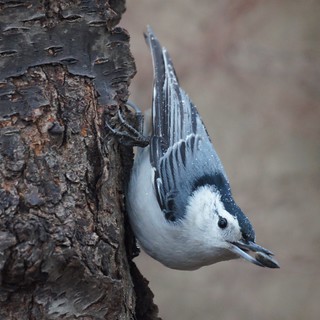
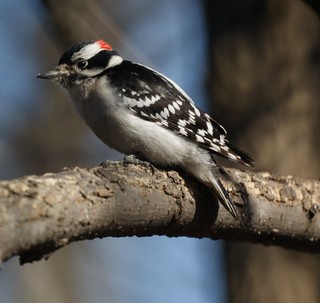
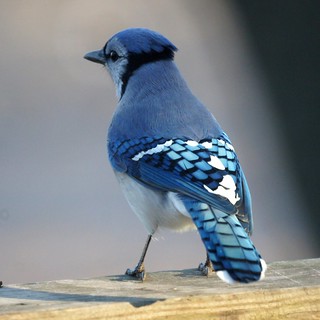
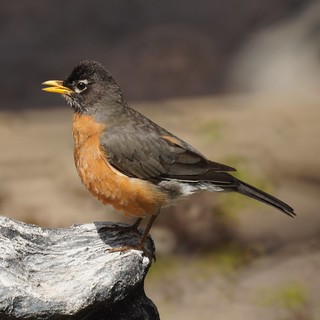
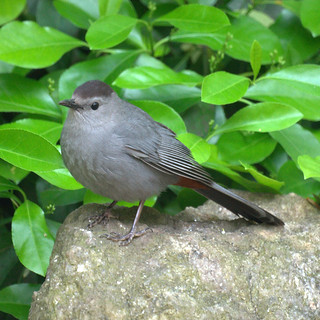
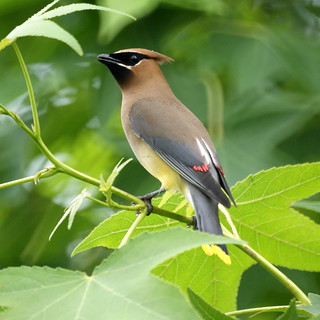
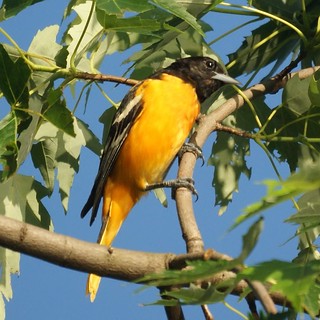
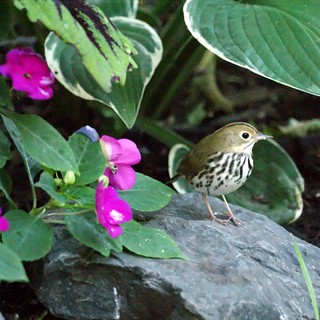
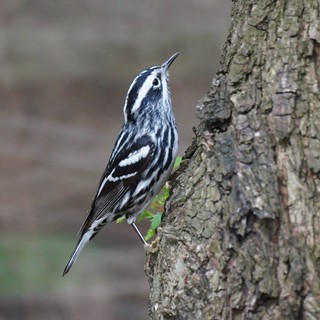
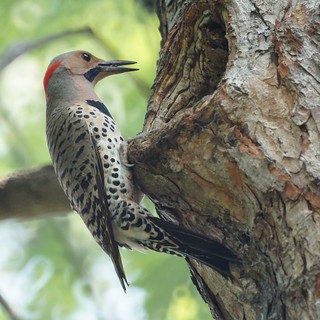
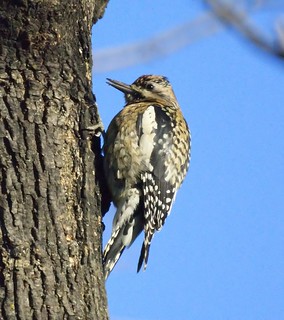
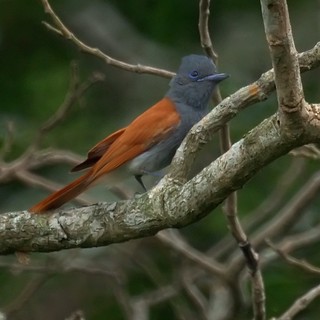
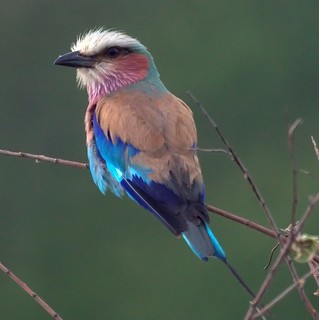
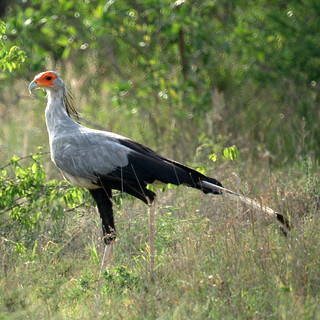
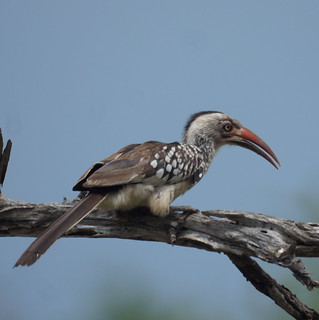
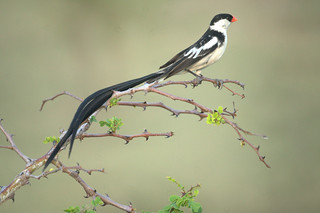
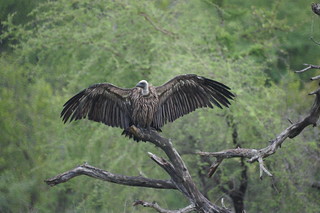
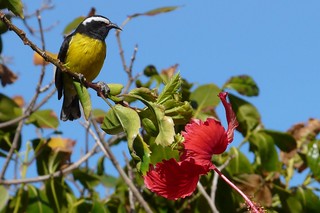
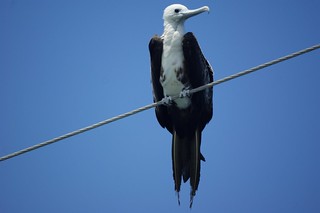
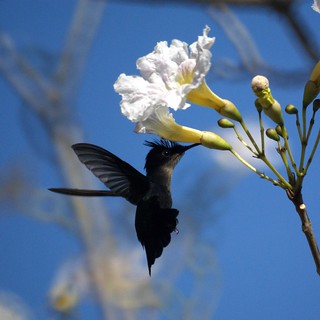
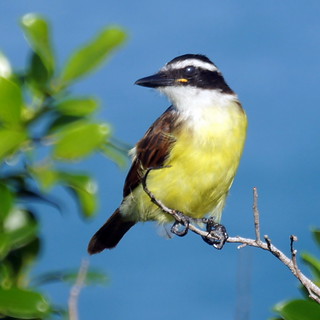
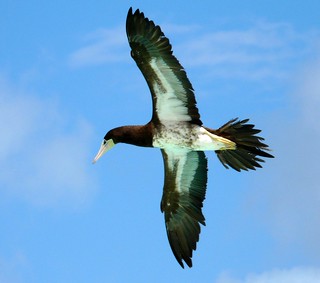
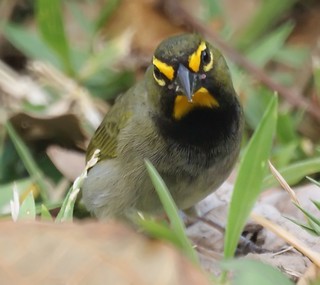
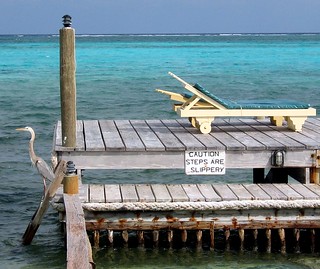
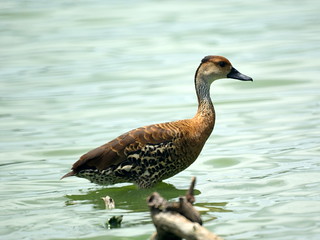
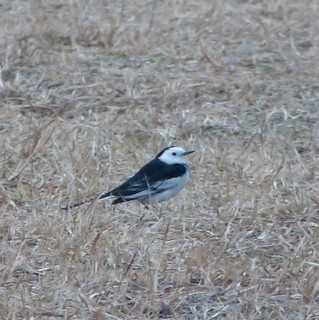
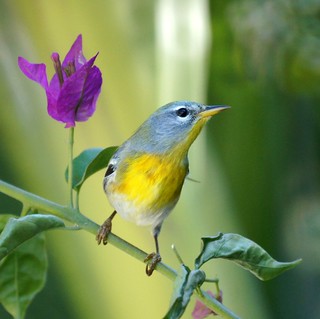
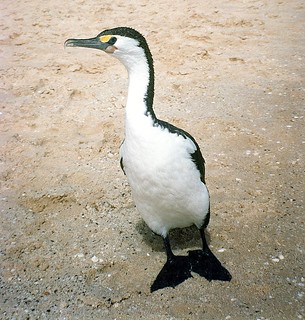
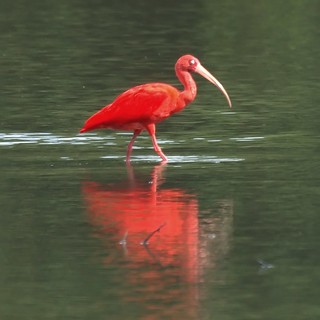
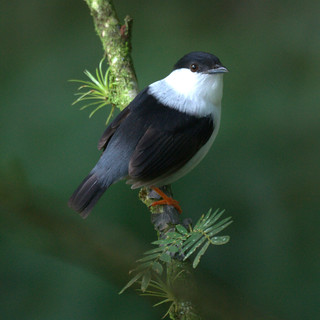
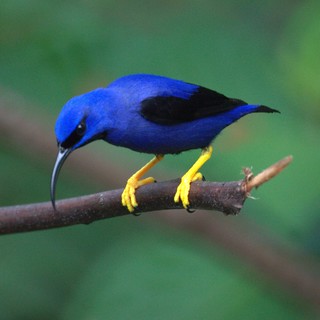
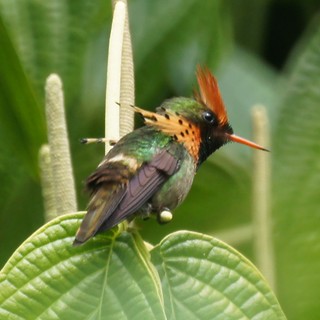
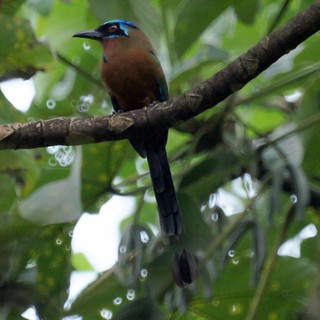
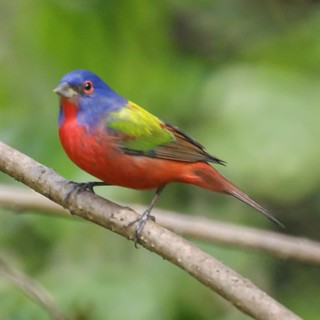
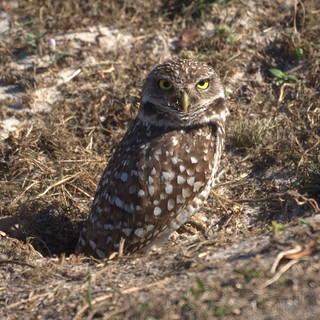
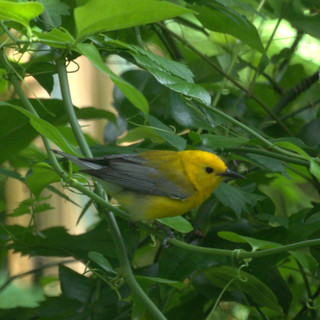
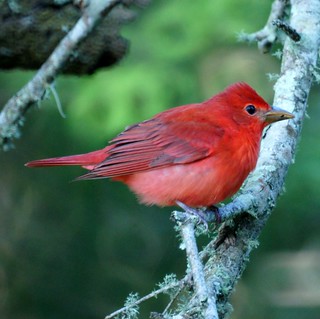

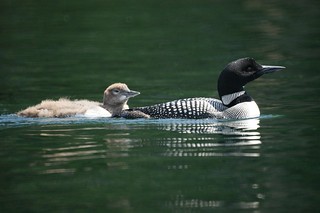
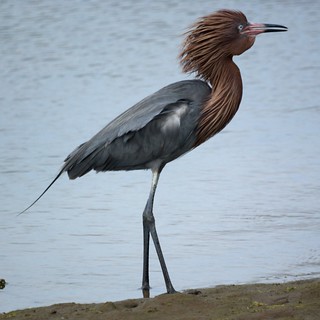
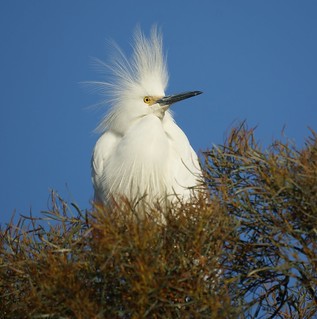
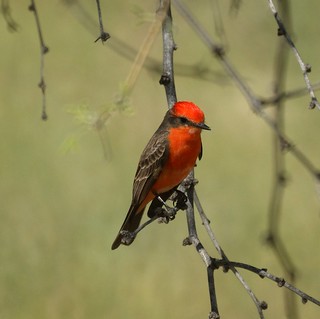
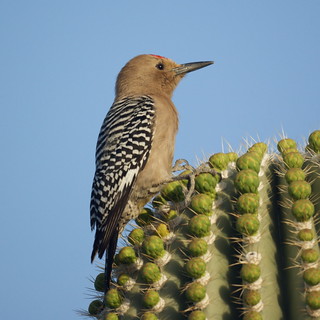
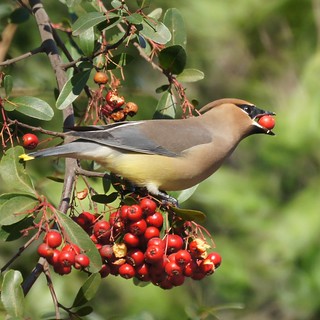
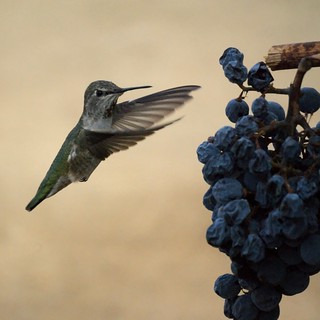
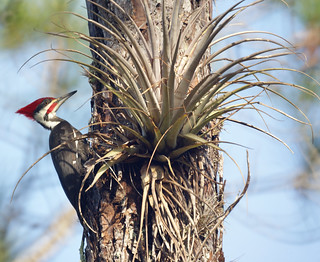
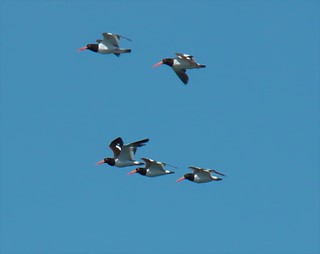
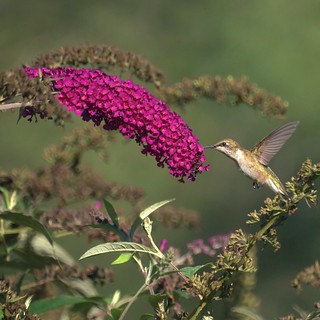
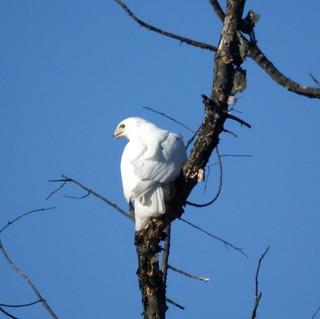
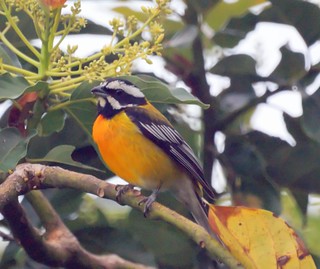
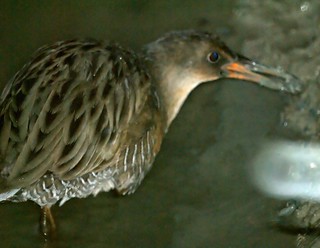
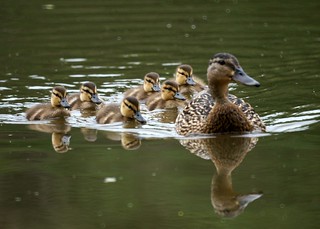
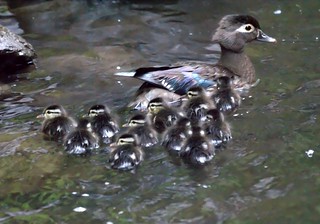
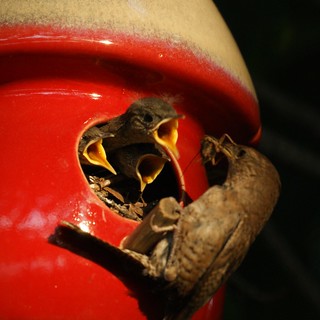
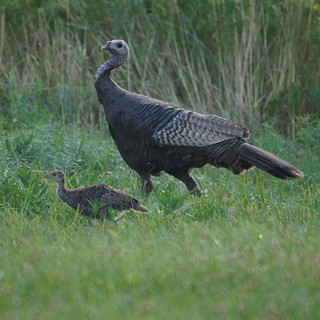
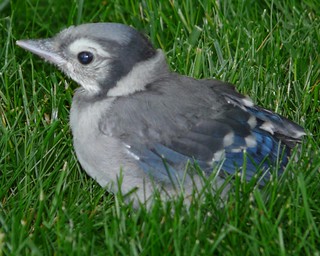
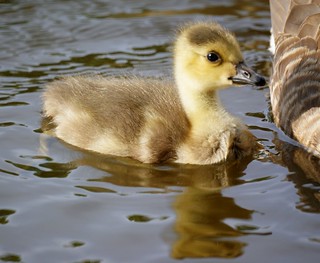
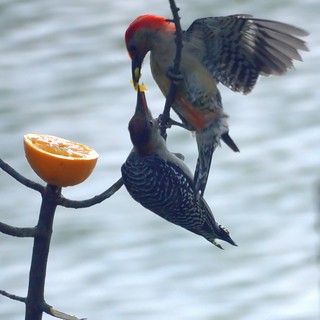
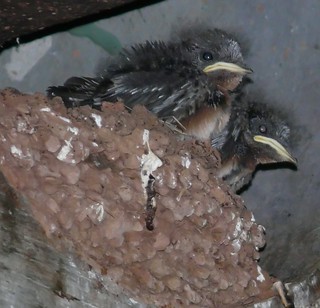
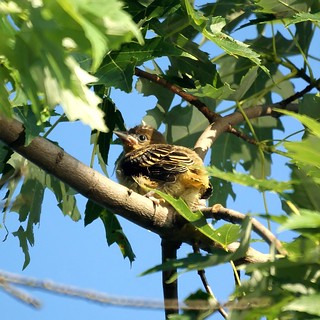
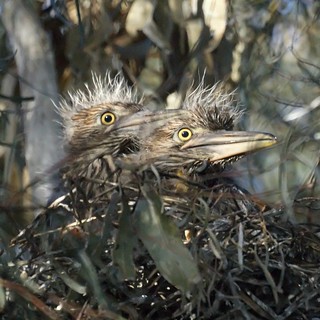
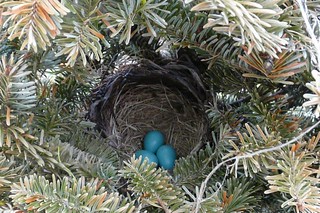


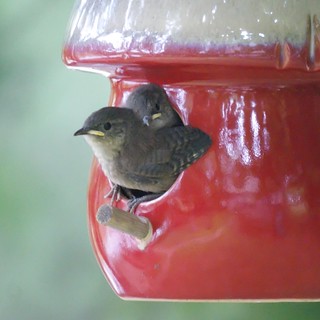
Wow! Amazing photos! This is my first visit to your blog. You guys good.
ReplyDeleteHello, I just love your site. Thank you for sharing your beautiful pictures. They rival any professional photographer as far as I can see. My story is similar... I am in the observing phase and have begun to take some very amateur shots, but am inspired by yours! Thanks again.
ReplyDeleteI very much appreciate the photos on your site which is helping me identify the birds on my deck. Thank you for your efforts. Also, I hope all is well, because you do not seem to have posted since June. Thanks again!
ReplyDeleteI understand that you are keeping this NJ Bird site up and running, and we people in New Jersey appreciate it. You are exceptional photographers. The very best for you in California. Bird people are fortunate to have you back.
ReplyDeleteThank you for identifying some common birds in the northern New Jersey area. Other lists I have seen are so broad that I as a backyard bird watcher have been overwhelmed. Finally I can put names to the birds coming to our feeders.
ReplyDeleteTo all who don't know about New Jersey birding: New Jersey is one of the best states to see migrating birds during the fall and spring. Cape May County is the place to be to see the most birds. We have over 300 different bird species in Jersey. Cape May Point has a hawk/eagle platform that you can see hundreds of birds fly over. There are many "fall outs" where birds fly all night and are so tired they just fall out of the sky and are all over the place. One time when I was at Cape May point there were hundreds and hundreds of kestrels. So many warblers pass through there. People come from different countries to see the migrations in New Jersey. The reason they stay in Cape May is because when they are headed south, they can't see land from the coast so they stay in Cape May and eat and rest until they have enough energy at night fall to continue on with their trip South. All over in Jersey there are very good birding spots.
ReplyDeleteHi Dolora, since you're in Cape May. Do you know if the mayor has registered your town as a Monarch butterfly migratory protection path? I was just wondering. One of the wildlife federations wants towns to register anywhere Monarchs migrate and I thought Cape May would be a great place. Their population has declined a great deal in the past 10 years. Thank you
Deletewhat's beatifully birds.. thanks
ReplyDeleteHello and thank you the time it takes to run this site. There are so many benifits to birding that most dont know about i hope that changes with site like this.
ReplyDeleteThanks again greg s.g.
I came here to identify a bird seen in my backyard (turned out to be a Northern Flicker!) and enjoyed your pictures very much. Thanks for your lovely website!
ReplyDeleteHi, beautiful photos!!! I just discovered your blog while looking for identification on a tiny bird I spotted for the first time. I can't believe some of those birds are actually in New Jersey . I'm in Burlington county New Jersey and have mostly common birds, but spot a few unusual birds here and there i've yet to identify. One of most exciting one was a Cooper's hawk on my neighbors roof. We mostly have a lot of Red tail Hawks . As a matter of fact a pair of Red tail Hawks just built a nest a few houses from me. Pretty exciting. Thank you for the great blog.
ReplyDeleteHi Maryann,
ReplyDeleteSo glad to hear you are enjoying the blog. Thanks for stopping by. Enjoy watching those nesting hawks!
Hello and thank you the time it takes to run this site
ReplyDeletewe recently moved to NJ from NE -- And in NE we used to watch sandhill crane migration every year-- It's such an amazing sight. And now in NJ I see so many different bird families. It's amazing. Thank you for maintaining this site. It's very helpful in identifying birds.
ReplyDeleteAs an amateur wildlife photographer, I admire your patience and skill required to produce such wonderful pictures! Thank you for sharing them!
ReplyDeleteHi, I can't find a huge black bird that I saw somewhere around Middletown to Holmdel. Maybe even Hazlet. It flew areound 6 feet above me so I got a pretty clear glimpse of it, especially since it flew a bit slow. It was COMPLETELY black, with a mustard-yellow beak. I don't know the name of it. Help me please!!!
ReplyDeleteBeautiful photographs-appreciated viewing-thanks for sharing!
ReplyDeleteHi my name is Joanne and i lpve watching nature just saw a yellow bird and needed to know what kind of bird it was, this page told me actually it was my NJ State bird an American Goldfinch. Now I'm a fan of this page and site.... thanks for sharing photos
ReplyDeleteHey, anonymous, your black bird may be a European Starlin.
ReplyDeleteHi, you have amazingly clear photos and they are just beautiful! I am an artist and am wondering if you would allow me to use your Northern Shoveler pics as a guide for a painting.
ReplyDeleteKaren
ReplyDeleteYou are welcome to use any of our photos as an inspiration for your painting.
Let us know how it comes out.